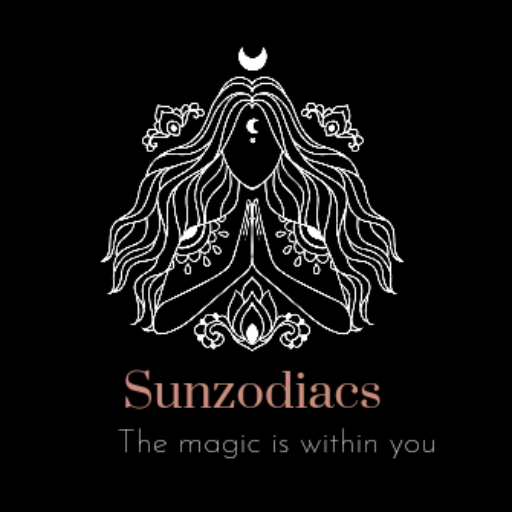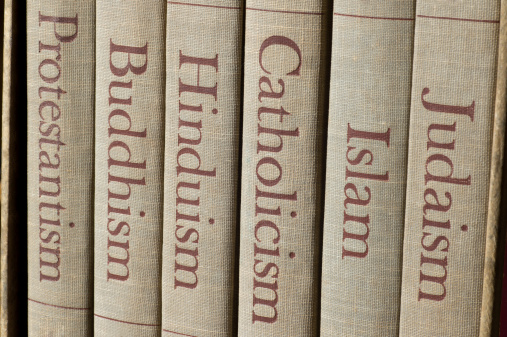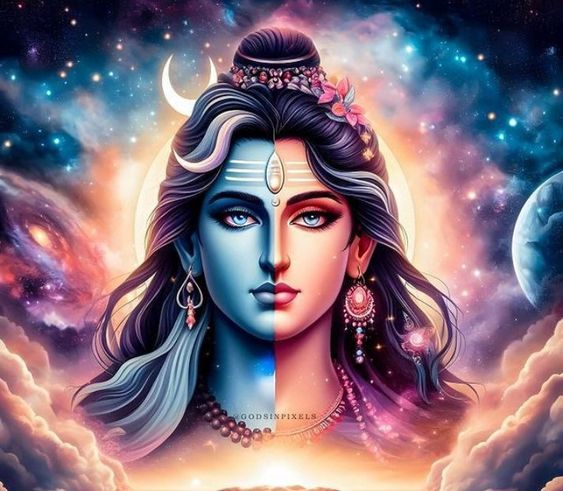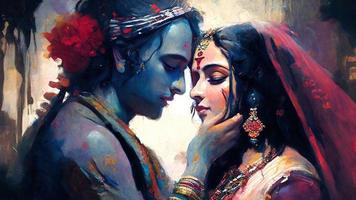Unveiling the Depths of Human Spirituality
In the mosaic of human existence, few elements are as intricate and profound as religion. It’s a cornerstone of civilizations, a guiding light for billions, and a subject of perpetual fascination. Let’s embark on a journey to explore the multifaceted dimensions of religion, delving into its origins, its influence, and its enduring significance in the contemporary world.
Origins and Evolution
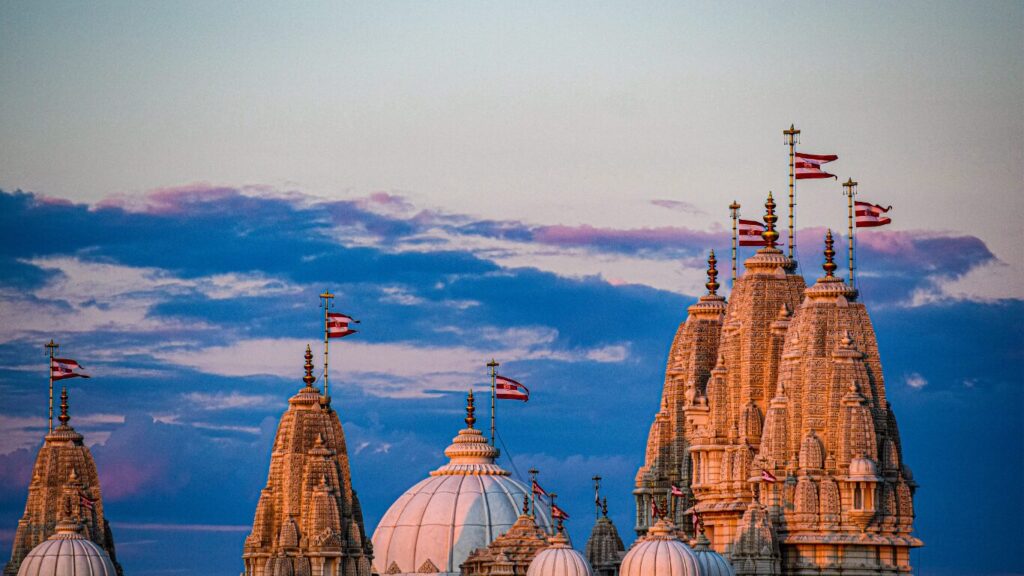
Religion traces its roots back to the dawn of human consciousness. From the animistic beliefs of ancient tribes to the sophisticated theological systems of major world religions, the evolution of religious thought mirrors humanity’s intellectual and spiritual development.
Ancient civilizations crafted elaborate pantheons to explain natural phenomena and navigate the mysteries of existence. Over time, these disparate beliefs coalesced into organized religious traditions, each with its sacred texts, rituals, and ethical precepts.
Diversity and Universality
One of the most striking aspects of it is its astonishing diversity. From the polytheistic faiths of Hinduism to the monotheistic doctrines of Judaism, Christianity, and Islam, religion manifests in myriad forms across cultures and epochs.
Yet, beneath this diversity lies a remarkable universality. it serves as a vehicle for grappling with fundamental questions of existence: the nature of divinity, the meaning of life, and the moral framework governing human conduct. Across civilizations, religious traditions offer solace, guidance, and a sense of belonging to their adherents.
The Role of Religion in Society
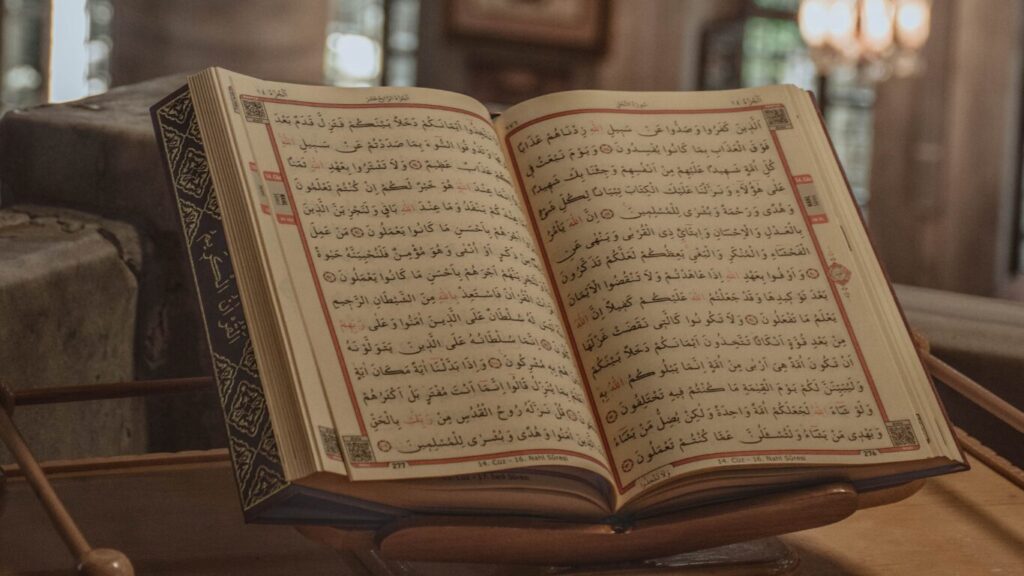
Religion exerts a profound influence on the fabric of society. It shapes cultural norms, informs moral values, and provides a sense of communal identity. Throughout history, religious institutions have played pivotal roles in governance, education, and social welfare.
Moreover, it catalyzes both cohesion and conflict. While it fosters solidarity within religious communities, it can also be a source of division and strife between different faiths or sects. Understanding the interplay between religion and society is essential for comprehending the dynamics of human civilization.
Religion and Ethics
Ethical principles are deeply intertwined with religious teachings, providing moral frameworks for guiding human behaviour and decision-making. Religion often addresses fundamental questions of right and wrong, offering ethical guidelines and virtues to aspire to. While religious ethics may vary across different traditions, common themes such as compassion, justice, and integrity underscore the importance of ethical living in religious contexts.
Religion and Spirituality
At its core, it seeks to address existential questions about the nature of existence, the purpose of life, and the mysteries of the universe. Religion provides individuals with spiritual practices, rituals, and teachings that offer solace, meaning, and connection to the divine or transcendent. Whether through prayer, meditation, or worship, it provides pathways for exploring spirituality and cultivating a deeper sense of inner peace and fulfilment.
Contemporary Challenges and Debates
In the modern era, religion confronts an array of challenges and debates. Advances in science and technology have prompted reassessments of religious doctrines, while globalisation has facilitated unprecedented interfaith dialogue and encounters.
Moreover, it grapples with pressing ethical dilemmas, such as environmental stewardship, social justice, and the ethics of emerging technologies. Navigating these complexities requires a nuanced understanding of religious traditions and their implications for the contemporary world.
Conclusion

In conclusion, religion remains a cornerstone of human civilization, embodying both the richness of cultural diversity and the universality of spiritual quest. Exploring its myriad dimensions enriches our understanding of humanity’s collective journey and fosters dialogue and mutual respect across religious divides.
As we navigate the complexities of the modern world, let us embrace the enduring relevance of religion and engage in constructive dialogue to address its challenges and opportunities. By understanding and engaging with religion in all its complexities, we can foster a more inclusive and harmonious world where diverse religious traditions coexist peacefully.
